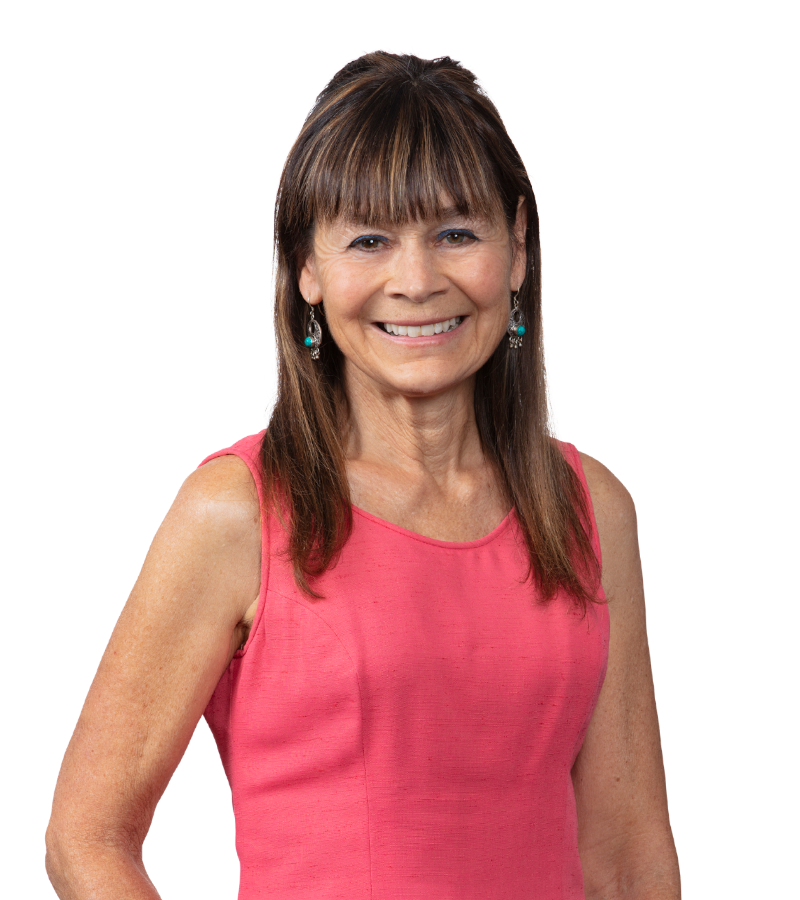Postponed: Don’t Let Your IP Float Away in the Cloud!
Summary of Program Join attorneys from Weintraub Tobin’s Intellectual Property Group (Jo Dale Carothers and Audrey Millemann) for this 1 hour MCLE program. Program Highlights Overview of Cloud Computing and Cloud StorageWho owns the information in the Cloud?How are Patents, Copyrights, Trademarks and Trade Secrets affected by the Cloud?How private…
- When:


